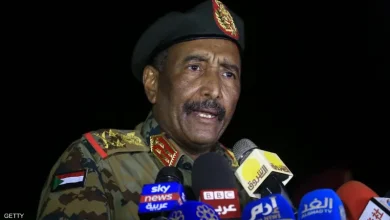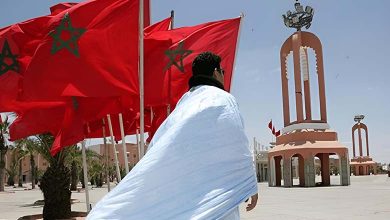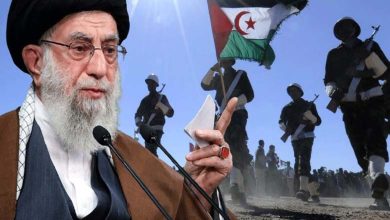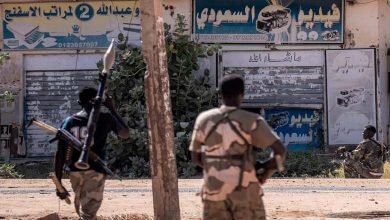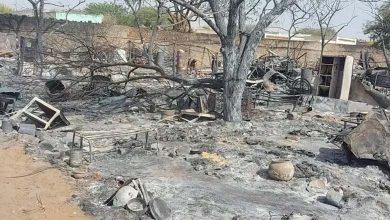Al-Kazimi’s success may lead to a second term as prime minister
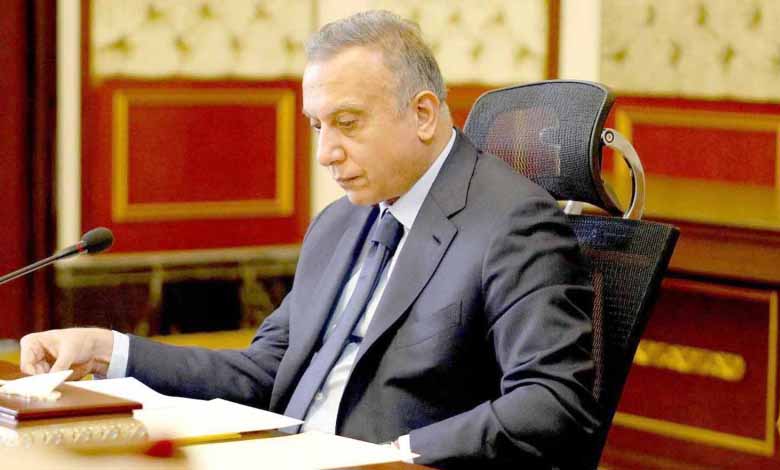
In light of the controversy still raging in Iraq over the national majority called for by the leader of the Sadrist movement, Moqtada Al-Sadr, and the consensus that the rest of the political powers and blocs insist on. Choosing a prime minister seems to be the most difficult task among adversaries who are advocates of majority or consensus.
However, indications and evidence suggest that Prime Minister Moustafa al-Kazimi, whose term expired after early elections on October 10, is the closest candidate to win the position. In the course of a year and a few months, he succeeded in bringing to life two of the most important issues that his Government had identified, amidst doubts that they could be achieved, namely the holding of elections and the restoration of the prestige of the State.
Al-Kazimi’s Successes
Al-Kazimi has assumed the helm of the Iraqi government amid popular protests, political stalemate, and the coronavirus crisis. After taking office, he set several goals for his government, including limiting the possession of weapons to the state, fighting corruption, and confronting the consequences of the coronavirus.
Political forces, however, have linked arms control to the state’s authority. Al-Kazimi, who managed to hold the elections on time, has achieved no less important successes. It is to secure a historic visit by the Pope, a tripartite summit (an Iraqi-Egyptian-Jordanian), and then the Baghdad Conference for Cooperation and Partnership.
Political inconsistency
In the battle for the restoration of the government presidency, the forces opposed to al-Kazimi, in particular the forces of the Shiite Coordination Framework, rejected the return of al-Kazimi, and in exchange, the Sadrist current, led by Moqtada al-Sadr, supported a government of national majority and broadly supported the return of al-Kazimi.
But what is striking is that al-Sadr, which is no longer close to Iran and seeks a national majority, is not backed by Tehran, which is looking for a compromise as the leaks and behind-the-scenes talks that support al-Kazimi’s return say. Forces close to Iran’s coordinating framework want the consensus that Tehran wants, but reject the return to power of al-Kazimi, whom Abdollahian praised two days ago.
Defections of political forces
Given that the paradoxes of Iraqi politics are endless, the search for a prime minister is largely about the search for the presidents of the republic and parliament. The Kurds, divided over their presidential candidate, are seeking with the Sunnis a formula that would satisfy the two Sunni coalitions: the progress Party led by Mohamed al-Halbousi, the former speaker of parliament, who is also seeking a new term, and the al-Azm Alliance led by businessman Khamis al-Khanjar, in exchange for their support of the candidate for the presidency of the republic, which is disputed between the Kurdish parties (the Kurdistan Democratic Party and the National Union). The Kurds are discussing with the Shiites a formula to satisfy the two rival Shiite parties (Al-Sadr and the coordination framework) to choose a new prime minister among several candidates, including Al-Kazimi.
The Kurds tend to be consensual, which is not in line with al-Sadr’s vision, but they identify with the leader of the Sadrist movement in support of al-Kazimi, whom the Coordination Framework group disapproves of. One of the goals of the Coordination Framework delegation led by Nouri Al-Maliki, which recently visited Erbil and Souleimaniye, was not to renew the three presidencies. This means not renewing Al-Kazimi, which is also what the Kurds want, although they are different from the presidential candidate.
While the situation remains largely vague about the possibility of renewing the current president of the republic, Barham Saleh, or former parliament speaker, Mohamed Al-Halbousi, Abdollahian‘s praise of al-Kazimi made him score a goal against his opponents and perhaps win half of the round toward the battle for the prime minister.
Al-Kazimi, born in 1967, has worked in the press for a long time. After the US invasion of Iraq in 2003, he returned from exile, pursued his media career, and managed the Iraqi Memory Foundation, which aims to document the crimes of the Saddam Hussein regime. In 2016, he assumed the presidency of the Iraqi intelligence service and was able to build extensive relationships at the local and international levels.



